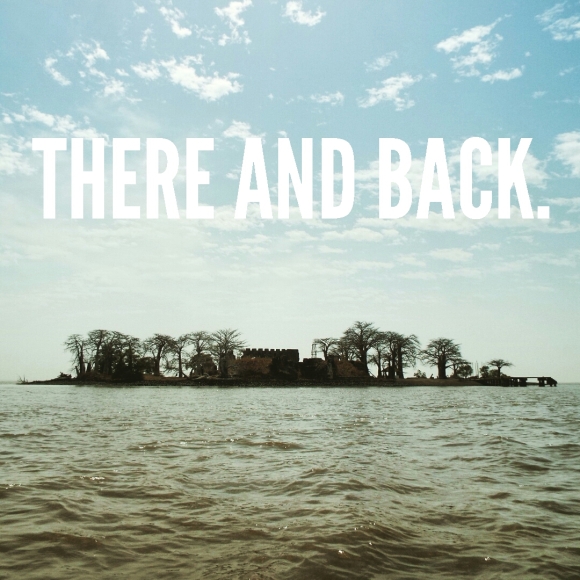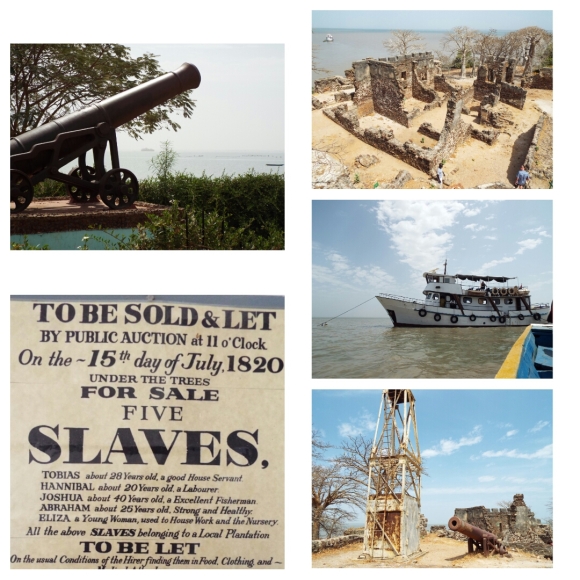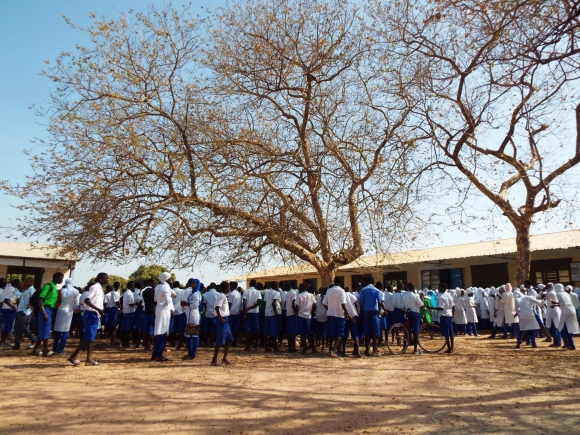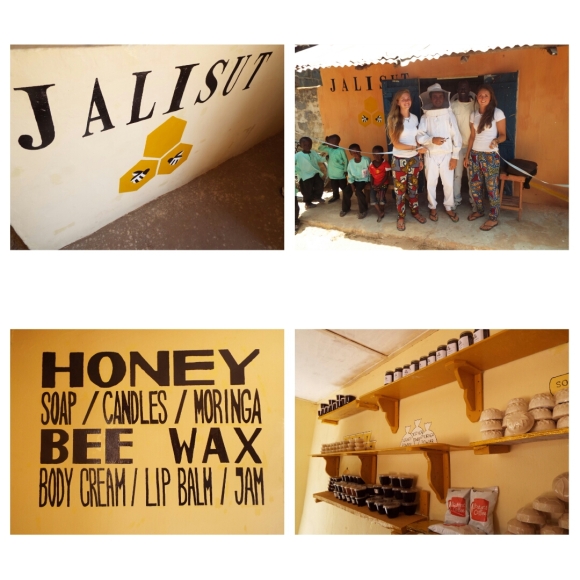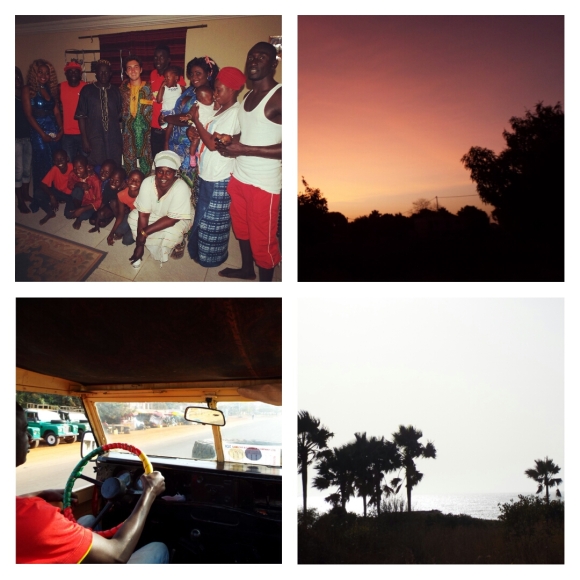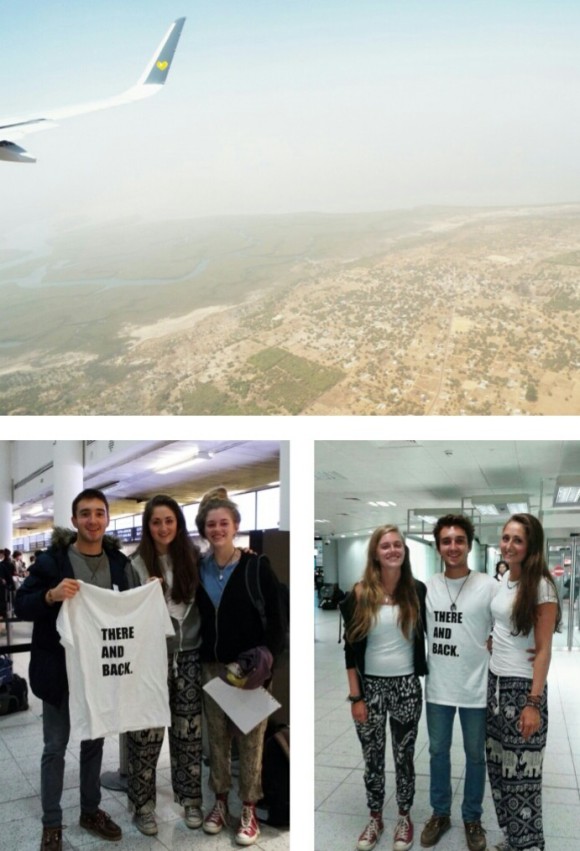Friday 10th April 2015.
Walking through Marlborough high street, having been in what could only be described as ‘another world’ for 3 months, was incredibly bizarre. A week and half on from coming back home and the spaced out feeling is only now beginning to disappear. It was just so difficult to go from one life, hop onto a short 6 hour flight, and be thrown straight back into a world that couldn’t be more different if it tried. It goes without saying that the ‘short’ 6 hour flight seemed anything but short when you know that your this close to seeing your family and friends again. To say me and the girls became pretty restless on the journey would be a massive understatement, not helped by Thomas Cook only having one bottle of water each for the duration of the 6 hour flight.
I’ve been asked by a lot of people, since I’ve been back, “so what have you learnt?” I racked through my brain trying to think of an answer that would suffice, knowing that these people were expecting a ‘politically correct’ response that involved how much I learnt about myself and all the gap year stereotypes that come with it. But then I thought, as far as I’m concerned, actually Africa isn’t what 90% of the British public, believe it’s cracked up to be. Whether I have got a false impression of it or whether The Gambia is an anomaly, I think that living there for 3 months has given me a pretty good idea of what the actual situation is and am able to look beyond the misconceptions that are portrayed to us in the media and by the leading organisations in the world.
Waking up at 5.00am on the last Thursday of our trip was not exactly the most pleasant experience however it meant we could get to the port at Banjul very early for our Root’s tour of James Island. This small country in West Africa played a key role in the Atlantic slave trade throughout the 16th, 17th, 18th and 19th century. The Portuguese, British and French were all big players and had established outposts in The Gambia, Senegal and parts of Mauritania. The day was truly moving with a tour of the trading houses, museums and the island itself. It meant we got a good idea of the shear scale of what scholars describe as the “African Holocaust”. Among the shocking stories and sights, one of the most memorable was the tale about the freedom pole. During the height of the slave trade the island became even more overcrowded and unbearable. The trader’s solution to the problem was to make a deal with the slaves. They said, “if you can swim from this island to the the northern bank of the river and touch the pole that stands on the edge of the village of Albreda, we will grant you freedom”. What they didn’t tell the slaves was that the river was home to over 10,000 crocodiles and the currents would take you under before you could even count to 10. In all the years people attempting to swim the distance, one person survived to tell the tale.
I mentioned earlier about misconceptions towards Africa, however it is also the misconceptions towards ‘Toobabs’ (white people) that are some of the most shocking. At the end of the day, from what I could see on this Root’s trip, us Europeans don’t help ourselves one bit. As far as 90% of the local people in the small villages near James Island are concerned, they see white people as over weight, Jul Brew drinking, photo taking, money giving machines. We quickly disassociated ourselves with the quite frankly embarrassing group of tourists who were paying D50 for a certificate that said “we met the elders of the village”. It was disgusting to see such a divide and more importantly I find it so frustrating because the Gambian people think they have to be something their not just to impress us.
Putting aside all the trips, projects and fun. Our main aim for this 3 month stay was to try and make a difference at the Gunjur Upper Basic School. I’m pleased to announce that I think we can safely say “Mission Accomplished”. The improvements were especially noticeable with the girls and the English classes as their grades improved massively. With me and the Maths, the average went from 6 to 11 which although does not sound a lot, it was more the attitude towards the subject that improved. Receiving a letter from all the class saying how much they appreciated my help, really hit home the important role that we took on for the duration of our stay. Before leaving for Africa people always said to me, “the children will be outstanding, respectful, they value education so much, it will be so different to England”. Frankly they couldn’t be more wrong. It reminded me of when I was back at school and our class had a supply teacher. The majority of the students would do they utmost to make the teacher’s life hell, with impossible questions, lack of concentration and much more leaving the teacher feeling like he or she had just done 9 rounds with Mike Tyson. Unfortunately, I was that supply teacher for 3 months. They were just normal teenagers that did not live up to this “respectful”, eager to learn stereotype that we all have in our heads. I then found out about the education system in The Gambia and began to realise the cause of this attitude. It turns out, the government fund a child’s education up until Grade 9. From this point they not only have to pass an exam to get into Grade 10 but their family also has to start paying for their education. This means that the brightest pupil in the class could pass with flying colours and still not be allowed into the next grade. It becomes quite difficult to motivate, encourage and help kids who shut their book and sit staring blankly at you throughout the 1 hour lesson. I thought this may be a Gambia specific problem however having spoken to a few friends who have just returned from Kenya, they said it is exactly the same scenario over there. It’s so disappointing to see, as thousands of potential entrepreneurs, engineers, teachers and doctors are throwing in the towel at this early stage at the country’s expense.
With radio adverts, flyers and the whole village talking about Jalisut we were more than ready for the grand opening on the Sunday before leaving. We had stocked up the shop with honey, soaps, candles and body cream so that we could begin selling at 1.00pm the next day. For Sulayman and Abou, the owners of the bee keeping business, they were gob smacked at the transformation of their shop and they couldn’t thank us enough for enabling Jalisut to reach new heights. The idea was even suggested about expanding into the English market but we quickly had to rain them back in and say you have to conquer the Gunjur market before you consider globalising the business! I hope that we have given them a good platform to build from and hopefully produce and sell their products on a bigger scale. The opening had all the usual speeches, honey samples and a bit of Bob Marley in the background to entice the passing punters in.
All the fantastic trips and adventures are all very well however it’s the day to day things that we have enjoyed the most. Teaching, beach parties, getting a lift on army trucks, games around the well, scoring in the last minute of a Fifa game in the village PlayStation shop and especially the nights around the campfire cooking marshmallows with friends. The true African memories. This is where the MBG provide such a unique experience that no other gap year company can provide. We weren’t part of a big group that wore the classic volunteer hoodies and think they are saving the planet by coaching a rugby session for 1 hour. We were given the opportunity to become ‘Gambians’ and for that I would like to thank the organisation and the partner group in Gunjur, the GCL. The work that the MBG is doing, especially with the small business scheme and the women’s garden, is extremely promising. However, I do question the scale of the impact we can make due to factors out of our control. No matter the amount money that is pumped into The Gambia, not to mention the practical, on the ground help from NGO’s and other countries, I think a lot of it is in vain. The times in 2012 had this as a headline. “From independence to republic status there are no leaps in the economic advancement of Gambia”. The report highlights how on earth a nation relying on tourism and peanut sale can become a superpower overnight. Even after knowing that it is practically impossible, Gambians hope for the latter which only results in even more lingering doubts. To make matters worse, Gambia has, since July 1994, become completely lawless. When I was travelling to Brusubi for my malaria treatment we passed by a number of police check points. My driver was outraged to be told he had to pay a fine of D500 because he was speeding. Unless speeding is now doing 45 through a 50 zone then he 100% was not. But an opinion of a Toobab counts for nothing in this area therefore It was their word against ours. They took the license and withheld it from him until we paid the fine. Obviously this is not legal at all and it opened my eyes to the level of corruption that is rife throughout the country. It is scary to think that if the police service cannot resist corruption then how is the rest of the country meant to grow and thrive without the backbone of the law providing the foundations of society. Essentially I cannot see, with the current situation, how The Gambia is going to develop. It seems that any business deal, trading partnership or even sports event has the ‘back hand deals’ and bribes that will only benefit the wealthy elite living in their 10 bedroom, guarded mansions.
All in all, the last 3 months have been, unquestionably, one of the most challenging things I’ve ever done. Being away from home and all the comforts that come with it was difficult however it makes you really appreciate all that we have. It’s beyond frustrating that we live in such a different world to the people over there and I without doubt underestimated the scale of change. If someone hasn’t been before it is nigh on impossible to explain what it’s like. Focussing on French and International Development at Leeds University in September will be another chance to find out more about this very current and complex topic. Making development action plans for some of the poorest countries in the world is my passion and the short time I’ve been in The Gambia is only the beginning of the difference I want to make.
